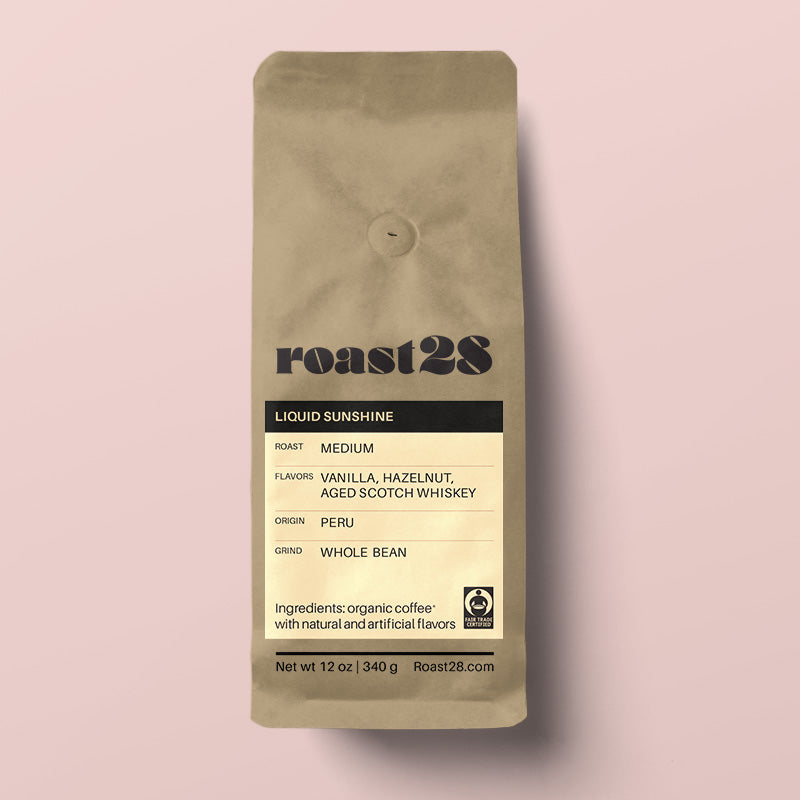Coffee producers are embracing regenerative agriculture, which restores ecosystems and supports biodiversity. These sustainable farming practices also enhance carbon sequestration. This innovative approach ensures healthier soil, resilient crops, and reduced environmental impact. Ethical consumers value these efforts to create a more sustainable coffee industry.

Regenerative agriculture improves soil fertility
Regenerative agriculture focuses on rebuilding soil health and restoring ecosystems through natural methods. It is a sustainable farming practice because it promotes biodiversity and prevents soil erosion. This environmentally friendly coffee approach uses cover crops and crop rotation to improve soil fertility. Farmers reduce chemical use, enhancing water quality and wildlife habitats. By sequestering carbon, regenerative farming helps combat climate change and supports sustainable agriculture. Coffee farms practicing this method ensure long-term productivity and healthier ecosystems.

Cover crops and crop rotation
Cover crops are plants grown to protect and enrich soil in regenerative agriculture. Additionally, they prevent erosion and boost organic matter. Coffee farmers practice crop rotation, alternating coffee with nutrient-fixing plants like legumes. This method replenishes nitrogen, vital for soil fertility in responsible coffee cultivation. Other crops like maize and beans are rotated to diversify nutrients and improve soil structure. These practices ensure long-term sustainability and healthy coffee yields.

Carbon sequestration
Carbon sequestration is the method of capturing and storing carbon dioxide in soil and plants. Regenerative agriculture enhances this process on coffee farms. Practices like planting shade trees and using cover crops increase organic matter, storing more carbon. Healthy soil rich in carbon improves fertility and water retention. This supports eco-friendly coffee options by reducing greenhouse gases and mitigating climate change. Carbon-rich soils ensure sustainable farming and better coffee yields.

How to support sustainable coffee farming
Ethical consumers value regenerative agriculture for its environmental and social benefits. Being an ethical consumer means you support biodiversity, healthy soil, and reduced carbon emissions. These practices ensure sustainable farming while helping communities and the planet. Look for certifications like Rainforest Alliance or organic labels. They can also research brands promoting regenerative agriculture and eco-friendly farming. Supporting these efforts aligns with responsible purchasing and environmental stewardship.

Protecting Ecosystems with Roast28 coffee
Roast28 coffee is proudly USDA Organic certified, reflecting our commitment to sustainable and eco-friendly practices. This certification aligns with regenerative agriculture by ensuring no synthetic chemicals are used, protecting soil health and ecosystems. Organic farming supports biodiversity, enhances carbon sequestration, and promotes responsible resource use. Roast28’s dedication to organic practices ensures high-quality coffee while preserving the environment for future generations.




